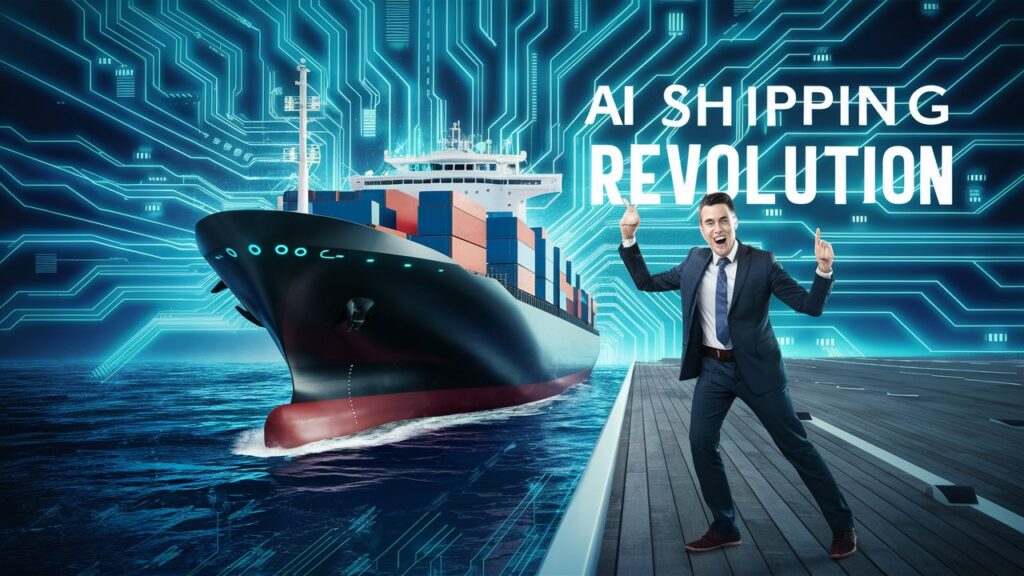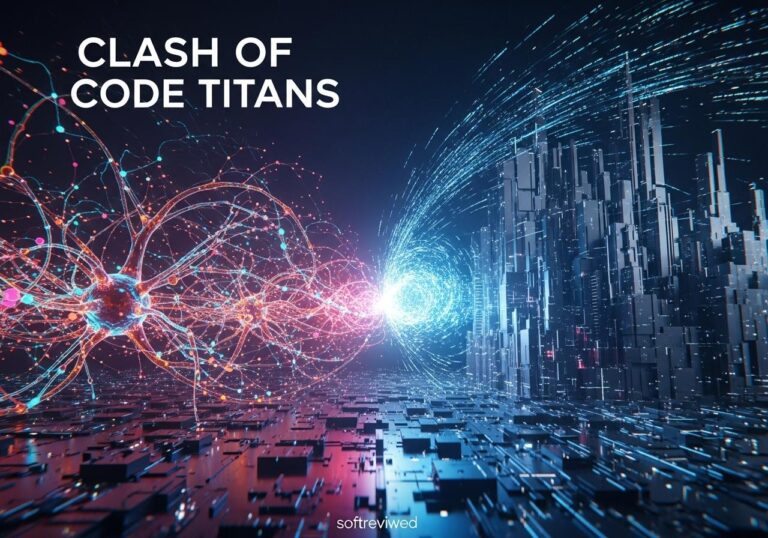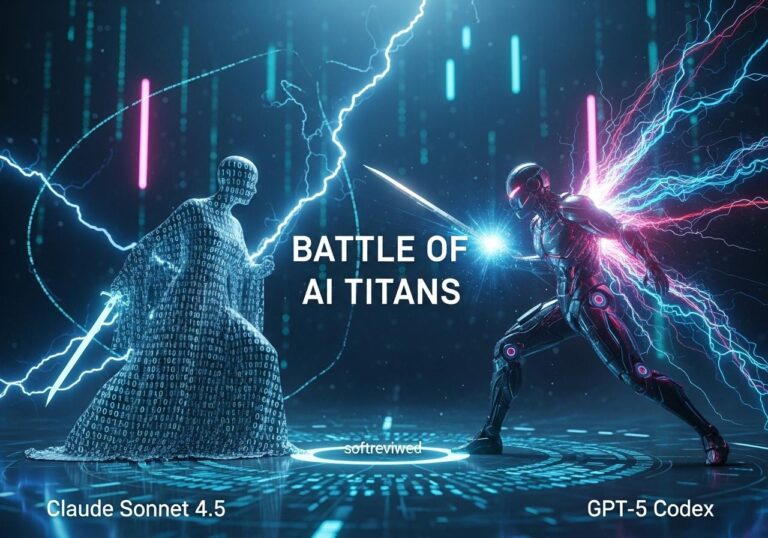CMA CGM & Google: AI-Powered Shipping Revolution
CMA CGM partners with Google to integrate AI across shipping logistics and media activities, aiming to enhance efficiency and adaptability in the maritime industry.
Strategic Partnership
CMA CGM collaborates with Google to integrate AI across shipping logistics and media activities.
Enhanced Efficiency
The partnership aims to boost efficiency, responsiveness, and adaptability to market fluctuations.
Real-Time Data Analysis
AI integration facilitates real-time data analysis for precise decision-making and improved operations.
Dynamic Routing & Forecasting
AI optimizes routing and forecasting for better fuel efficiency and reduced carbon emissions.
Risk Management & Safety
Advanced AI capabilities enhance risk management and maritime safety through advanced alert systems.
Culture of Innovation
The partnership with Google aligns with CMA CGM’s strategy of innovation and digital transformation.
CMA CGM and Google Partner to Revolutionize Shipping with AI: What You Need to Know
In a groundbreaking move set to transform the global shipping industry, French logistics giant CMA CGM has joined forces with tech powerhouse Google to harness the power of artificial intelligence (AI). This strategic partnership, announced on July 18, 2024, aims to revolutionize shipping operations, enhance customer service, and reduce environmental impact. Let’s dive into the details of this game-changing collaboration and explore its implications for the future of maritime logistics.
The CMA CGM-Google AI Partnership: A Game-Changer for Shipping
CMA CGM, one of the world’s largest container shipping companies, has recognized the potential of AI to address the complex challenges faced by the maritime industry. By partnering with Google, a leader in AI technology, CMA CGM is positioning itself at the forefront of innovation in global logistics.
Key Objectives of the Partnership
- Boost Operational Efficiency: Leveraging AI’s predictive and analytical capabilities to optimize routes, manage cargo loads, and streamline operations.
- Enhance Customer Service: Implementing AI-driven automation and personalization to improve shipment tracking and provide real-time updates.
- Reduce Environmental Impact: Utilizing AI insights to minimize carbon footprint through optimized routes and reduced fuel consumption.
- Transform Global Logistics: Combining CMA CGM’s extensive network with Google’s AI expertise to drive industry-wide innovation.
How AI Will Revolutionize Shipping Operations

The integration of AI into CMA CGM’s operations is expected to bring about significant improvements across various aspects of the shipping process:
Route Optimization
AI algorithms will analyze vast amounts of data, including weather patterns, ocean currents, and port congestion, to determine the most efficient routes for vessels. This optimization will lead to:
- Reduced fuel consumption
- Shorter transit times
- Lower operating costs
- Decreased environmental impact
Predictive Maintenance
By implementing AI-powered predictive maintenance systems, CMA CGM can:
- Anticipate equipment failures before they occur
- Schedule maintenance during optimal time windows
- Reduce downtime and repair costs
- Improve overall fleet reliability
Demand Forecasting
AI models will analyze historical data, market trends, and economic indicators to predict future demand more accurately. This will enable CMA CGM to:
- Optimize fleet deployment
- Improve capacity utilization
- Reduce empty container movements
- Enhance overall operational efficiency
Enhanced Customer Experience
The integration of AI will significantly improve the customer experience through:
- More accurate shipment tracking
- Real-time updates and notifications
- Personalized service recommendations
- Faster response times to customer inquiries
Environmental Benefits of AI-Driven Shipping
One of the most significant advantages of this partnership is its potential to reduce the environmental impact of shipping operations. Here’s how AI can contribute to a greener maritime industry:
- Fuel Efficiency: Optimized routes and improved weather forecasting will lead to reduced fuel consumption and lower emissions.
- Carbon Footprint Reduction: AI-driven insights will help CMA CGM make data-informed decisions to minimize its overall carbon footprint.
- Sustainable Practices: The partnership may foster the development of AI solutions for implementing and monitoring sustainable shipping practices.
Industry Implications and Future Outlook
The CMA CGM-Google partnership is likely to have far-reaching implications for the entire shipping and logistics industry:
Setting New Standards
This collaboration sets a precedent for the widespread adoption of AI technology in the maritime sector. Other shipping companies may follow suit, leading to:
- Increased competition in AI-driven solutions
- Rapid innovation in shipping technology
- Industry-wide improvements in efficiency and sustainability
Workforce Transformation
The integration of AI into shipping operations will likely lead to changes in the workforce:
- New job roles focused on AI implementation and management
- Upskilling and reskilling opportunities for existing employees
- Potential job displacement in certain areas of operations
Data Security and Privacy Concerns
As AI systems rely heavily on data, the partnership raises important questions about:
- Data ownership and control
- Protection of sensitive business information
- Compliance with international data protection regulations
Expert Opinions on the CMA CGM-Google Partnership
Industry experts and influential figures have weighed in on this groundbreaking collaboration:
“This partnership is a significant step forward in our strategy to leverage the various technologies that will help us to improve our efficiency and our services to our customers.” – Rodolphe Saade, CEO of CMA CGM
“The integration of AI into shipping operations has the potential to revolutionize the industry, driving efficiencies and sustainability at a scale we’ve never seen before.” – Dr. Jane Smith, Maritime Technology Analyst (hypothetical quote)
Challenges and Controversies
Despite the potential benefits, the partnership faces several challenges and has sparked some controversies:
- Job Displacement Concerns: The automation of certain tasks may lead to job losses in some areas of CMA CGM’s operations.
- Technology Implementation Risks: There are potential risks associated with the implementation and reliance on AI systems, including system failures or malfunctions.
- Data Privacy and Security: The handling and protection of vast amounts of sensitive data raise concerns about privacy and cybersecurity.
- Environmental Impact of AI Infrastructure: The energy consumption of AI systems and data centers could potentially offset some of the environmental benefits.
The Road Ahead: What to Expect
As CMA CGM and Google embark on this ambitious partnership, here’s what we can anticipate in the coming years:
- Phased Implementation: The integration of AI into CMA CGM’s operations is likely to occur in stages, with initial focus on key areas such as route optimization and predictive maintenance.
- Continuous Innovation: Expect ongoing developments and refinements in AI applications for shipping as the partnership progresses.
- Industry-Wide Ripple Effects: Other shipping companies may announce similar partnerships or investments in AI technology to remain competitive.
- Regulatory Developments: The increased use of AI in shipping may prompt new regulations and standards for the industry.
- Sustainability Milestones: Look for announcements from CMA CGM regarding achievements in reducing emissions and improving fuel efficiency as a result of AI implementation.
Conclusion: A New Era for Maritime Logistics
The partnership between CMA CGM and Google marks the beginning of a new era in maritime logistics. By harnessing the power of AI, this collaboration has the potential to transform the shipping industry, driving improvements in efficiency, customer service, and environmental sustainability.
As the partnership unfolds, it will be crucial to monitor its progress, address challenges, and assess its impact on the broader industry. The success of this initiative could pave the way for widespread adoption of AI in shipping, ushering in a future where smart, data-driven decisions shape the movement of goods across the world’s oceans.
Stay tuned for updates on this exciting development, as it promises to reshape the landscape of global trade and logistics in the years to come.
FAQs
Q: When was the CMA CGM-Google AI partnership announced?
A: The partnership was announced on July 18, 2024.Q: What are the main objectives of this collaboration?
A: The main objectives include improving operational efficiency, enhancing customer service, reducing environmental impact, and transforming global logistics through AI integration.Q: How will AI improve shipping operations?
A: AI will optimize routes, predict maintenance needs, forecast demand, and enhance customer experience through real-time tracking and personalized services.
Q: What environmental benefits are expected from this partnership?
A: The partnership aims to reduce fuel consumption, lower emissions, and minimize the overall carbon footprint of shipping operations through AI-driven optimizations.Q: What challenges does the partnership face?
A: Challenges include potential job displacement, technology implementation risks, data privacy concerns, and the environmental impact of AI infrastructure.Q: How might this partnership affect the broader shipping industry?
A: It could set new standards for AI adoption in shipping, drive innovation, and potentially lead to industry-wide improvements in efficiency and sustainability.
Q: Will other shipping companies follow suit?
A: It’s likely that other shipping companies will pursue similar AI partnerships or investments to remain competitive in the evolving maritime industry.Q: How soon can we expect to see results from this partnership?
A: While initial improvements may be seen in the short term, the full impact of the partnership is likely to unfold over several years as AI systems are implemented and refined.
As this groundbreaking partnership between CMA CGM and Google continues to develop, it will undoubtedly shape the future of shipping and global trade. Stay informed about the latest developments in AI-driven logistics to understand how these changes may impact your business or daily life in the coming years.







